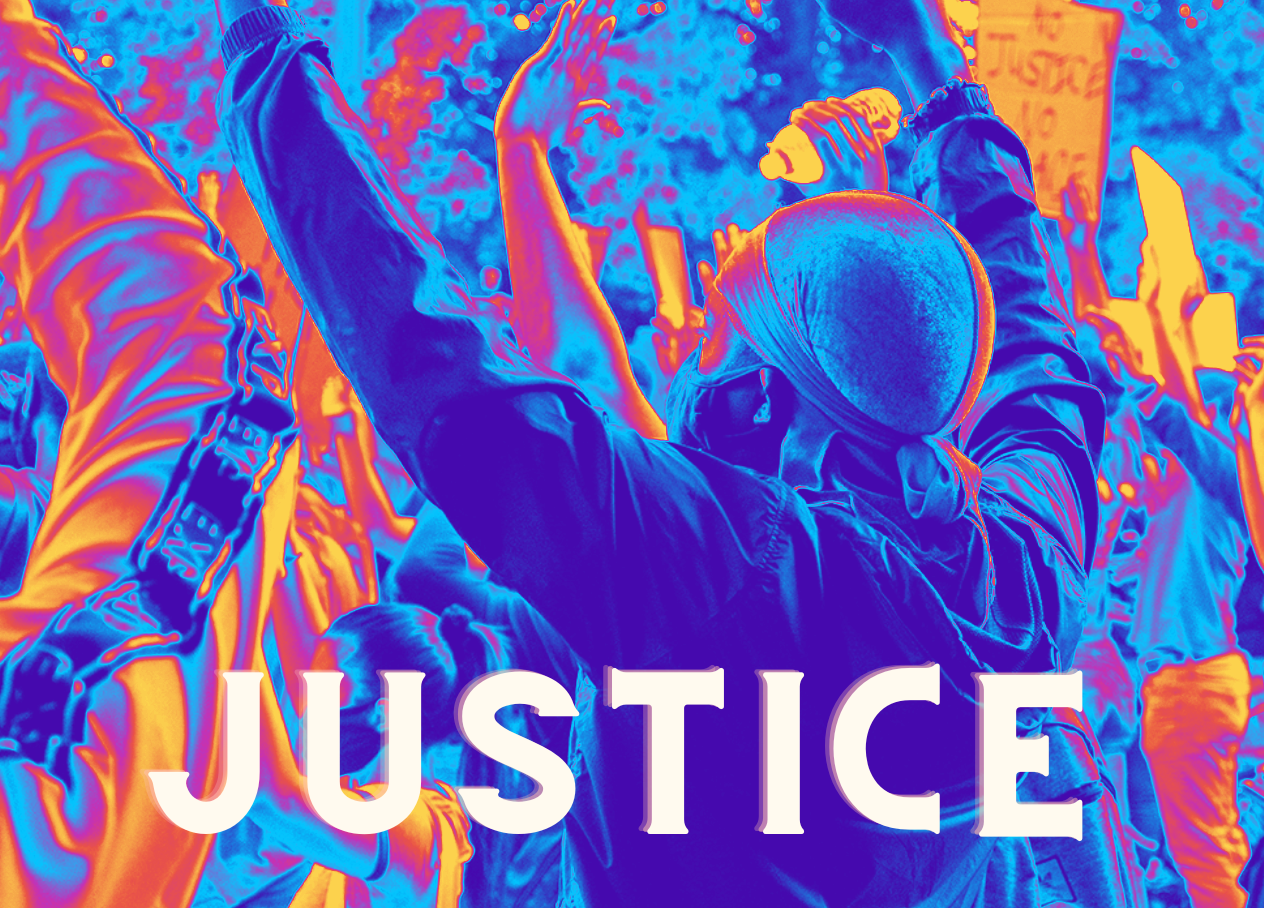AI Cold War with China?
The Advantage of Public Conversations about Ethics
DOI:
https://doi.org/10.60690/vdnrw404Abstract
Deeply concerned about innovation and national security, some Silicon Valley observers, like Eric Schmidt and others, view competition with China as a far greater threat to the United States than the many public harms an unregulated AI poses. They argue we must devote ourselves to winning the U.S.-China competition at any cost and worry that ethical inquiry is a distraction from this political reality. But the choice is not merely between political realism and normative reasoning. In the United States, which enjoys decentralized pluralist discussions as opposed to China’s centralized government mandates, one can hear both political realist and normative ethical positions. Americans of widely disparate perspectives debate how to create high-quality datasets that address misinformation, bias, harm, and labor issues while working towards developing models that better serve the diverse publics they impact. AI Ethics in the United States is not merely one group mounting a naive political distraction, but rather many competing voices from industry, government, academia, NGOs, and social activism (Bender et al., 2021; Weinstein et al., 2021; Birhane, 2021). As this paper considers the diverse viewpoints on AI ethics, it argues for an American advantage over China because, in our context, even while clearly admitting all of America’s historical, political, social, and economic flaws, inclusion and pluralism are possible. Amid all this noisy American discussion, it remains possible to adopt a potentially Rawlsian perspective, where one could argue that the American conversation on AI ethics need not cement itself into any one ideology. Through a Rawlsian “overlapping consensus” on the many possibilities of algorithmic harm, Americans might share their “considerable differences in citizens’ conceptions of justice” and agree on productive paths forward despite their differing ideologies (Rawls, 2020).




